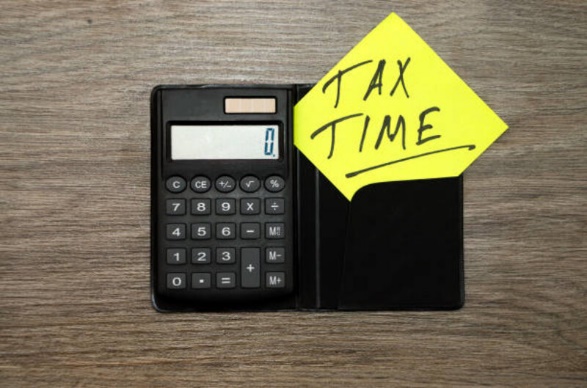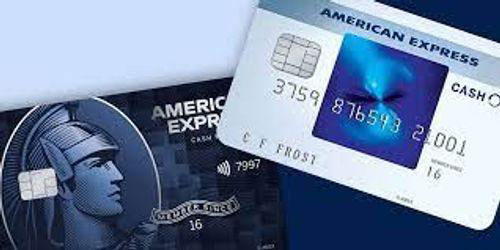Education is a cornerstone of personal and societal growth. However, the rising costs can make it challenging for some to pursue their academic aspirations. It is crucial to be aware that certain education expenses can be tax-deductible, potentially easing this financial burden. This document seeks to enlighten readers about various aspects of tax-deductible education expenses. It discusses the types of expenses that qualify, the conditions under which these deductions can be claimed, and how to go about claiming them. The aim is to equip students and families with the necessary knowledge to make education more accessible and affordable.
What are Tax Deductions?

Before delving into tax-deductible education expenses, it is essential to understand the concept of tax deductions. Tax deductions are a reduction in taxable income determined by the government to decrease an individual's or business' overall tax liability. By claiming deductions, individuals and businesses can lower their taxable income and potentially pay less in taxes. It is important to note that not all expenses can be claimed as deductions, and there are specific criteria that must be met to qualify. Therefore, it is crucial to have an understanding of tax deductions and the various categories they fall under.
How tax deductions can lower your taxable income?
Tax deductions work by reducing the amount of income that is subject to taxation. For example, if an individual earns $50,000 in a year and claims $5,000 in tax deductions, their taxable income will be reduced to $45,000. This decrease in taxable income can result in a lower tax bill or even a tax refund. Therefore, it is essential to take advantage of any tax deductions that an individual may qualify for to lower their overall tax liability.
Types of Tax Deductible Education Expenses
There are various types of tax-deductible education expenses that can be claimed by students or their parents. These include tuition fees, textbooks, supplies, and certain transportation costs. However, it is crucial to note that not all education expenses qualify for deductions.
Tuition Fees
Tuition fees paid for post-secondary education at eligible institutions can be claimed as a tax deduction. These institutions include universities, colleges, and vocational schools. The tuition fees claimed must be for courses that lead to a degree or diploma, including undergraduate and graduate programs. Additionally, the institution must be certified by Employment and Social Development Canada (ESDC). It is important to keep track of any receipts or documents that confirm the paid fees.
Textbooks
The cost of textbooks can also be claimed as a tax deduction. However, it is important to note that only materials required for a specific course or program are eligible. General reference books or supplies not directly related to a particular course do not qualify for deductions.
Supplies
Certain education supplies, such as stationery and art supplies, can also be claimed as tax deductions. These supplies must be necessary for a specific course or program and must be purchased from an eligible institution. It is crucial to keep track of receipts and ensure that the supplies are directly related to the education program.
Transportation Costs
Transportation costs, such as public transit fares or gas expenses, can also be claimed as tax deductions if they are incurred while attending classes at an eligible institution. These transportation expenses must be necessary for attending classes and not for personal use.
Conditions for Claiming Tax Deductions
To claim tax deductions, certain conditions must be met. These include:
- The expense must have been paid during the current taxation year
- The expense must be directly related to post-secondary education at an eligible institution
- The student or their parent/guardian must have received a T2202 or TL11A form from the institution, confirming the amount paid for tuition fees
- The expenses claimed must not have been reimbursed by any other source
- The student must be enrolled in at least part-time studies during the year in which the expenses were incurred
It is essential to review these conditions carefully before claiming any education expenses as tax deductions to ensure eligibility.
How to Claim Tax Deductions?

To claim tax deductions for education expenses, the following steps can be followed:
- Gather all relevant receipts and supporting documents for eligible expenses.
- Fill out a Schedule 11 form to calculate the total amount of tuition fees that can be claimed.
- Enter the amount calculated from Step 2 in line 32300 of your income tax return.
- If the student is under 16 years old, their parent or guardian can claim the expenses on their behalf.
- Submit the completed tax return to the Canada Revenue Agency (CRA) for processing.
- Keep all supporting documents and receipts in case of a CRA review or audit.
It is crucial to ensure that all information entered on the tax return is accurate and supported by proper documentation. Any false or misleading information can result in penalties and interest charges.
Conclusion
Tax-deductible education expenses can provide much-needed financial relief for students and their families. It is essential to understand the concept of tax deductions and how they work in reducing taxable income. Additionally, keeping track of eligible expenses and following proper procedures when claiming these deductions can result in significant savings on taxes. By educating oneself about tax-deductible education expenses, students can make informed decisions and take advantage of available deductions to ease the financial burden of pursuing post-secondary education. So, it is important to stay updated on any changes or updates in tax laws and regulations that may impact eligibility for tax deductions.







